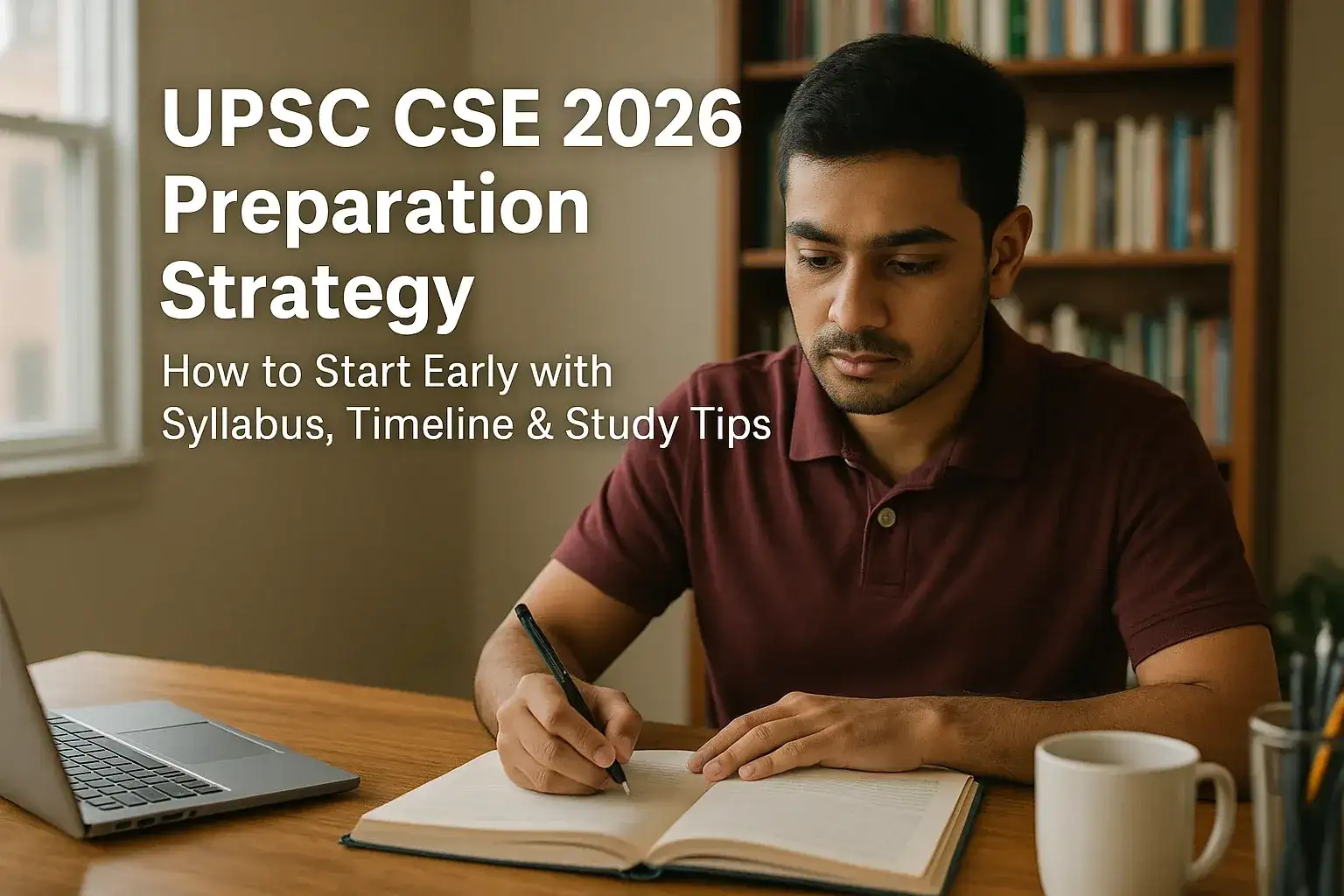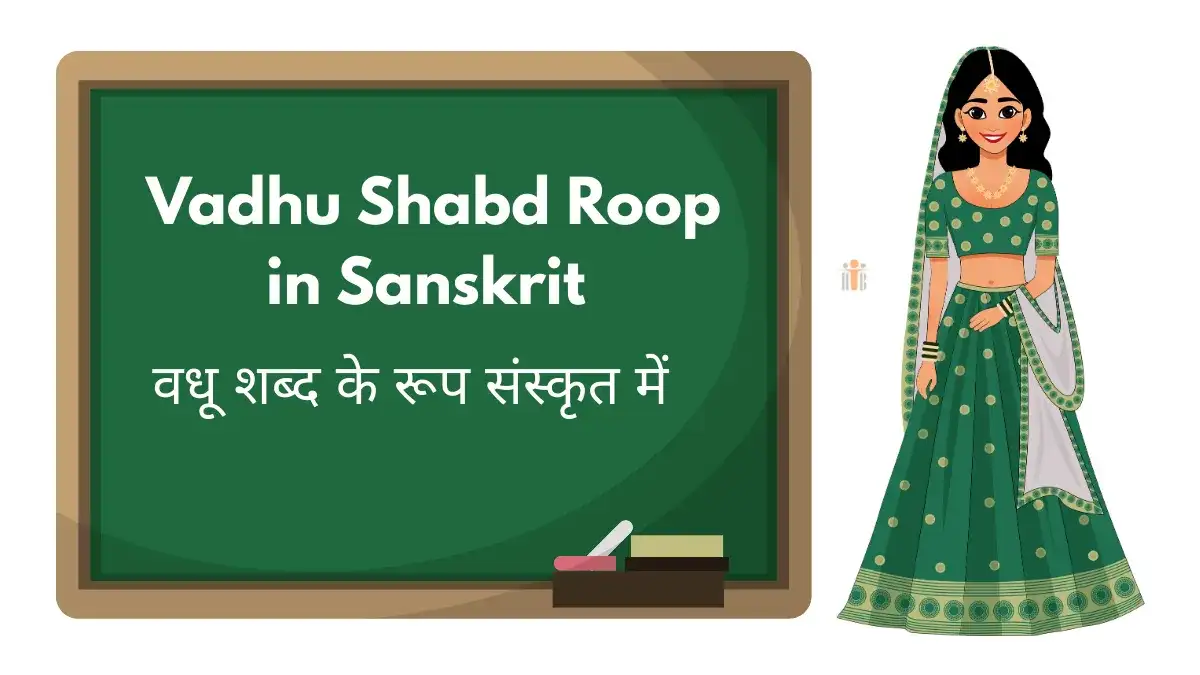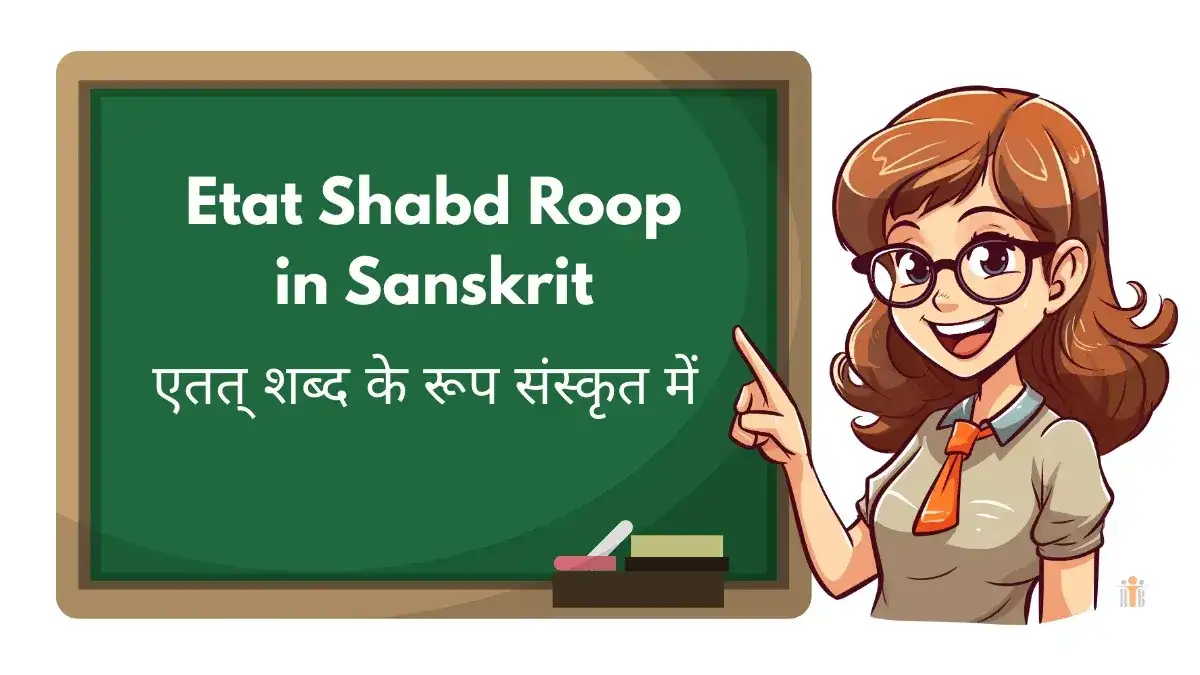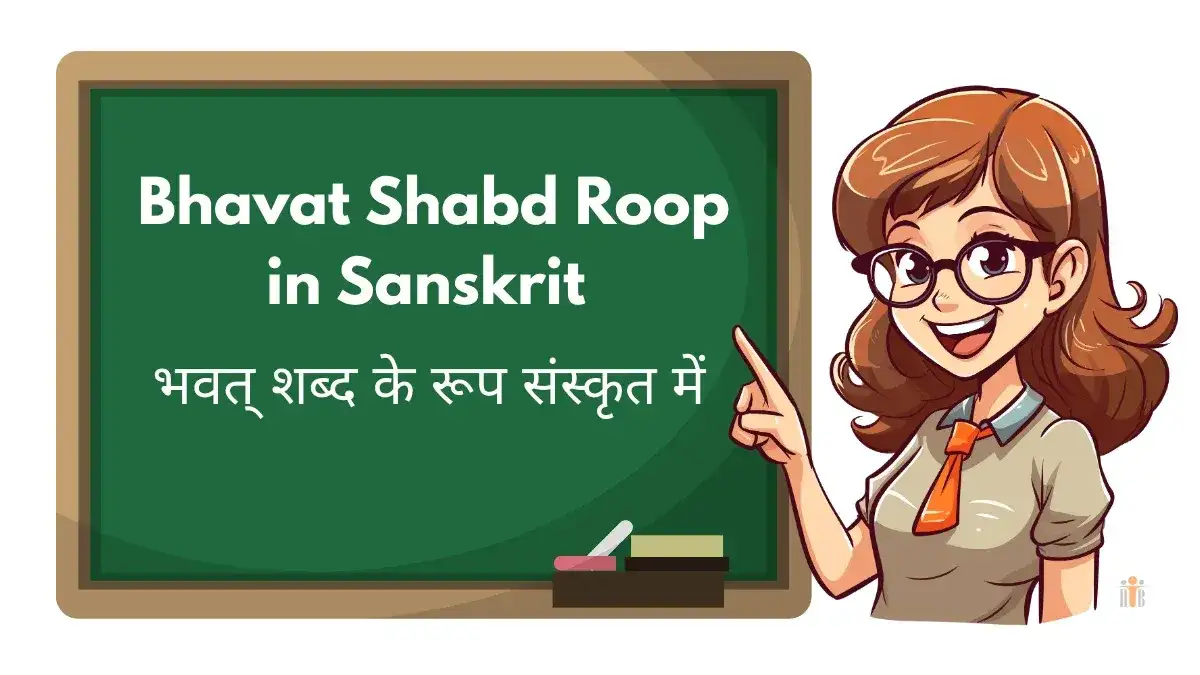Cracking the UPSC CSE2026 exam on the first attempt requires a well-planned preparation strategy. To achieve this, it's essential to have a clear understanding of the exam timeline and syllabus.I recommend starting with a thorough breakdown of the syllabus, identifying key areas of focus, and allocating time accordingly. A detailed timeline will help you stay on track and ensure that you're adequately prepared for the exam.
By following these expert tips and staying committed to your preparation strategy, you can increase your chances of success in the UPSC CSE2026 exam.
Key Takeaways
- Create a detailed study plan with a realistic timeline.
- Understand the exam syllabus and identify key areas of focus.
- Stay committed to your preparation strategy.
- Practice with sample questions and mock tests.
- Stay updated with current events and developments.
Understanding the UPSC Civil Services Examination 2026 Examination Structure
The UPSC CSE examination is a multi-stage process that requires strategic preparation. To succeed, it's essential to understand the examination structure, which includes a three-stage selection process, a specific marking scheme, and cut-off trends.
Civil Services Examination -Three-Stage Selection Process
The UPSC CSE selection process involves three stages: Preliminary Examination, Main Examination, and Personality Test (Interview). The Preliminary Examination is an objective test that filters candidates for the Main Examination. The Main Examination is a written test that assesses a candidate's in-depth knowledge, while the Personality Test evaluates their personality traits and communication skills.
- Preliminary Examination: Objective test with multiple-choice questions.
- Main Examination: Written test with descriptive questions.
- Personality Test: Interview to assess personality traits and communication skills.
Marking Scheme and Cut-off Trends
The marking scheme for UPSC CSE includes negative marking for incorrect answers in the Preliminary Examination. The cut-off trends vary annually based on factors like the number of vacancies and candidate performance. Understanding these trends helps in setting realistic targets.Key Dates and Deadlines for 2026 Cycle
It's crucial to stay updated with the key dates and deadlines for the UPSC CSE 2026 cycle. These include the release of the official notification, application deadlines, and examination dates. Aspirants should regularly check the official UPSC website for updates.
- Release of Official Notification.
- Application Deadline.
- Preliminary Examination Date.
- Main Examination Date.
- Personality Test (Interview) Dates.
By understanding the UPSC CSE examination structure, aspirants can better prepare and increase their chances of success.
My Comprehensive 30-Month Timeline for UPSC CSE2026
To help fellow aspirants, I'm outlining my 30-month strategy for UPSC CSE2026, a roadmap that covers foundation building, advanced preparation, and rigorous revision. This timeline is designed to be comprehensive, ensuring that every aspect of the syllabus is covered systematically.Foundation Phase: First 12 Months
The first 12 months are crucial for building a strong foundation. During this phase, I focused on understanding the basics of all subjects included in the UPSC CSE syllabus. NCERT books were my primary resource for this phase, providing a clear and concise understanding of fundamental concepts.
"The key to success lies in laying a strong foundation," as
UPSC toppers often emphasize the importance of basic concepts.
I made sure to allocate sufficient time to each subject, ensuring a thorough grasp of the material.
Civil Services Examination - Advanced Preparation: Next 12 Months
In the next 12 months, I shifted my focus to advanced preparation. This involved delving deeper into subjects, using standard reference books and online resources to gain a more nuanced understanding. I also started practicing answer writing for Mains, which helped me to articulate my thoughts more effectively.
As the syllabus is vast, it was essential to prioritize topics based on their weightage and relevance. I also made it a point to regularly revise what I had studied, to prevent forgetting crucial information.
Revision and Mock Tests: Final 6 Months
The final 6 months were dedicated to revision and mock tests. I created a revision schedule that allowed me to revisit all subjects systematically. Mock tests helped me gauge my preparation level and identify areas that needed improvement.
Regular analysis of mock test performance was crucial, as it helped me fine-tune my strategy and focus on weak areas. I also practiced time management during these tests, ensuring that I could complete the paper within the allotted time.
Breaking Down the UPSC CSE2026 Syllabus
The syllabus for UPSC CSE2026 is the foundation upon which a successful preparation strategy is built. Understanding the syllabus is crucial for aspirants to focus their efforts on the right areas.Prelims Syllabus Analysis
The prelims syllabus for UPSC CSE2026 includes subjects like History, Geography, Polity, Economy, and Environment. It's essential to identify the most critical topics within these subjects.
- History: Focus on ancient, medieval, and modern Indian history.
- Geography: Understand physical, human, and economic geography.
Mains Syllabus Deep Dive
The mains syllabus is more comprehensive, requiring in-depth knowledge of various subjects. It's vital to analyze the syllabus to prioritize study materials.
"The key to success in UPSC CSE lies in a thorough understanding of the syllabus and consistent practice." - A seasoned aspirant
Subject | Key Topics |
History | Ancient, Medieval, Modern |
Geography | Physical, Human, Economic |
Optional Subject Selection Strategy
Choosing the right optional subject is critical for scoring well in the mains exam. Consider your strengths and interests when making this decision.
Tips for Optional Subject Selection:
- Align your optional subject with your academic background.
- Consider the availability of study materials
Essential Study Materials and Resources I Recommend
The right study materials can make all the difference in your UPSC CSE2026 preparation. Over the years, I've compiled a list of resources that I believe are crucial for success.
Must-Have Standard Books
For a strong foundation, it's essential to refer to standard books. Some of the must-have books include NCERT textbooks for a basic understanding of various subjects, and reference books like "Indian Polity" by M. Laxmikanth and "History of Modern India" by Bipan Chandra.Digital Resources and Online Platforms
In today's digital age, online resources are invaluable. I recommend utilizing online platforms like Unacademy and BYJU'S for video lectures and study materials. These platforms offer comprehensive coverage of the syllabus and are easily accessible.
Newspapers and Current Affairs Sources
Staying updated with current affairs is crucial. I suggest reading The Hindu or Indian Express daily, and following reliable online sources like PIB and Vision IAS for current affairs analysis.
My Personal Study Material Compilation
Over time, I've compiled a vast collection of study materials, including notes, practice papers, and relevant articles. While it's challenging to share an entire compilation, I recommend creating a personalized repository of important resources tailored to your needs.
Civil Services Examination Effective Note-Making Techniques for Long-Term Retention
As I reflect on my UPSC CSE preparation journey, I realize that effective note-making techniques played a crucial role in my success. The ability to retain vast amounts of information is critical, and note-making is an art that can make or break your preparation.
I've experimented with various note-making techniques, and I'm excited to share my findings with you. Let's dive into the world of digital and physical notes, explore the power of mind mapping, and discuss revision-friendly note formats.
Digital vs. Physical Notes
The debate between digital and physical notes has been ongoing, and I've tried both methods. Digital notes offer flexibility and ease of access, allowing me to review them anywhere, anytime. On the other hand, physical notes provide a tactile experience, helping me retain information better through handwriting.
Physical notes help in better retention through handwriting and can be used to create a personalized notebook.
Digital notes are ideal for quick revisions and can be easily synced across devices.Mind Mapping and Visual Learning
Mind mapping is a powerful technique that I've used to organize complex information into a visual map. This method helps in creating connections between different pieces of information, making it easier to recall during the exam.
- Start with a central idea and branch out to related topics.
- Use colors, symbols, and images to make the map visually appealing.
- Review and update your mind map regularly to reinforce your learning
Revision-Friendly Note Formats
The format of your notes is crucial for effective revision. I've found that using a structured format, such as the Cornell Notes method, helps in reviewing and recalling information quickly.
- Divide your paper into two columns, with key terms on one side and detailed notes on the other.
- Use headings, subheadings, and bullet points to organize your notes.
- Review your notes regularly, summarizing the key points in your own words.
Subject-Wise Preparation Strategy for UPSC CSE2026
To excel in the UPSC CSE2026, it's essential to tailor your preparation to the specific demands of each subject. A well-structured approach will not only enhance your understanding but also boost your confidence across various topics.
History and Culture
History and Culture is a vast subject that requires a strategic approach. I recommend starting with ancient, medieval, and modern Indian history, focusing on key events, dates, and cultural developments. NCERT textbooks are a good starting point, supplemented by standard reference books like "A History of India" by John Keay. Regularly practicing previous years' questions will help in understanding the exam pattern.Geography and Environment
Geography and Environment is another critical area, encompassing physical, human, and economic geography. Focus on mapping skills and understanding geographical phenomena. Utilize Atlas and NCERT Geography textbooks for foundational knowledge. Additionally, staying updated on environmental issues and conservation efforts is crucial, for which government websites and reputable news sources are valuable.
Polity and Governance
For Polity and Governance, a thorough understanding of the Indian Constitution is paramount. Start with basic concepts and gradually move to more complex topics like constitutional amendments and governance structures. "Indian Polity" by M. Laxmikanth is a highly recommended resource. Regularly following current affairs related to governance will also aid in this section.
Economy and International Relations
Economy and International Relations require a grasp of both theoretical concepts and current developments. For Economics, begin with basic principles of micro and macroeconomics, and then move on to Indian economic issues and policies. "Indian Economy" by Ramesh Singh is a valuable resource. For International Relations, staying abreast of global events and understanding India's relations with other countries is key.
By adopting a subject-wise preparation strategy, aspirants can ensure a comprehensive coverage of the syllabus, enhancing their chances of success in the UPSC CSE2026.
Mastering Current Affairs for Competitive Edge
In the realm of UPSC CSE preparation, current affairs are the dynamic element that can make or break your success. Staying updated with current events not only enhances your knowledge but also provides you with the edge needed to excel in the examination.My Daily Current Affairs Routine
To stay on top of current affairs, I follow a disciplined daily routine. I start my day by reading the newspaper, focusing on national and international news. I also make it a point to read at least one editorial or opinion piece daily, as it helps me understand different perspectives on current issues.
I use a dedicated notebook to jot down important news articles and editorials. This not only aids in retention but also provides a quick reference for revision. Additionally, I leverage digital resources by following reliable news apps and websites that provide daily updates on current affairs.
Connecting Current Events to Static Syllabus
One of the most effective ways to master current affairs is by connecting them to the static syllabus. For instance, while studying history, I relate historical events to contemporary issues. This approach not only deepens my understanding of both current and static portions but also helps in retaining the information better.
I make a conscious effort to link current events with relevant topics in the syllabus. This practice enables me to see the bigger picture and understand how different elements of the syllabus are interlinked.
Analyzing Editorials and Opinion Pieces
Editorials and opinion pieces are invaluable resources for UPSC CSE preparation. They provide in-depth analysis of current events and help in developing a nuanced understanding of complex issues. I analyze these pieces by identifying the main arguments, evaluating the evidence presented, and considering different viewpoints.
This practice not only enhances my critical thinking skills but also improves my ability to form well-rounded opinions on various topics. It's an essential skill for both the Mains examination and the Interview.
First-Attempt Success: Prelims Preparation Tactics
Achieving success in the UPSC CSE Prelims on the first attempt necessitates a focused approach. As a crucial step in the UPSC CSE journey, Prelims preparation requires a strategic plan that encompasses effective MCQ practice, CSAT preparation, and awareness of common traps.MCQ Practice Strategy
A well-structured MCQ practice strategy is vital for Prelims success. I recommend starting with topic-wise MCQ practice, gradually moving to mixed-topic MCQs to simulate the actual exam experience. Regular practice with official UPSC materials and reputed coaching institute materials can significantly enhance your preparation.
CSAT Preparation Approach
The CSAT paper is often overlooked, but it requires a methodical preparation approach. Focus on quantitative aptitude and logical reasoning to build a strong foundation. Practice previous year's CSAT papers and aim to achieve a comfortable score to ensure you clear this hurdle.
Common Prelims Traps and How I Avoided Them
Many aspirants fall into common traps such as over-reliance on a single source or neglecting negative marking. To avoid these, I maintained a diverse study material portfolio and practiced strategic guessing. Being aware of these pitfalls and adopting a cautious approach can significantly improve your Prelims performance.
By incorporating these strategies into your Prelims preparation, you can enhance your chances of success on the first attempt.
Mains Answer Writing Practice Framework
The UPSC CSE2026 mains exam demands more than just knowledge; it requires a strategic approach to answer writing. To excel, aspirants must develop a robust framework for mains answer writing practice.
Structuring the Perfect Answer
A well-structured answer is crucial for effectively communicating your knowledge to the examiner. I recommend starting with a clear and concise introduction that sets the context for your answer.
For instance, when answering a question on a historical event, begin by briefly introducing the event, its significance, and then proceed to answer the specific demands of the question.Incorporating Case Studies and Examples
Case studies and examples are powerful tools that can be used to substantiate your arguments and make your answers more compelling. When incorporating them, ensure they are relevant to the question and add value to your response.
For example, when discussing economic policies, you can use recent case studies of countries that have successfully implemented similar policies.
Time Management During the Exam
Effective time management is critical during the UPSC CSE2026 mains exam. Allocate your time wisely among the questions, ensuring you have enough time to answer all of them comprehensively.
Time Allocation | Activity |
5 minutes | Reading and understanding the questions |
40 minutes | Answering each question (average) |
10 minutes | Reviewing and revising your answers |
By adopting this framework, aspirants can significantly improve their mains answer writing skills, thereby enhancing their chances of success in the UPSC CSE2026 examination.
Interview Preparation: Presenting Your Best Self
As I reflect on my UPSC CSE journey, I realize that interview preparation is a crucial step that can make or break a candidate's chances of success. The interview stage is an opportunity for the UPSC panel to assess a candidate's personality, knowledge, and aptitude for a career in civil services.
To excel in the interview, it's essential to understand the Detailed Application Form (DAF), which serves as a blueprint for the interviewer's questions. The DAF requires candidates to provide detailed information about their educational background, work experience, and personal achievements.
Understanding the DAF
The DAF is a critical document that interviewers use to frame questions. To prepare, candidates should:
- Review their DAF thoroughly to anticipate potential questions.
- Be prepared to provide specific examples from their experiences.
- Practice articulating their thoughts clearly and concisely.
Mock Interview Strategies
Mock interviews are an effective way to prepare for the actual interview. Some strategies include:
- Conducting mock interviews with friends or mentors.
- Recording oneself to identify areas for improvement.
- Focusing on body language and tone.
Developing a Balanced Personality
A balanced personality is key to making a positive impression. This involves:
- Cultivating a mix of confidence and humility.
- Staying updated on current affairs and being aware of one's surroundings.
- Demonstrating empathy and understanding towards different perspectives.
By focusing on these aspects, candidates can present their best selves during the interview, increasing their chances of success in the UPSC CSE examination.
Common Mistakes First-Time UPSC CSE Aspirants Make
As a seasoned UPSC CSE aspirant, I've observed that first-time candidates often stumble upon avoidable pitfalls. The journey to becoming a civil servant is challenging and demanding, requiring not just knowledge but also strategic preparation. Many aspirants, especially those attempting the exam for the first time, make critical errors that can significantly impact their chances of success.
Information Overload and Analysis Paralysis
One of the most significant mistakes first-time aspirants make is succumbing to information overload. The vast syllabus of UPSC CSE can be overwhelming, leading to a tendency to over-consume study materials. This often results in analysis paralysis, where aspirants spend too much time deciding what to study, rather than actually studying. To avoid this, it's crucial to have a well-defined study plan that covers the essential topics and sticks to reliable sources.
Inconsistent Study Patterns
Inconsistent study patterns are another pitfall that many first-time aspirants fall into. UPSC CSE preparation requires consistent effort over a long period. Irregular study habits can lead to a lack of retention and poor performance in both Prelims and Mains. Establishing a daily study routine and sticking to it can help maintain momentum and ensure comprehensive coverage of the syllabus.
Neglecting Health and Wellness
Neglecting health and wellness is a critical mistake that can have long-term consequences. The intense pressure of UPSC CSE preparation often leads aspirants to overlook their physical and mental health. Regular exercise, a balanced diet, and adequate sleep are essential for maintaining the stamina required for the rigorous preparation process. Additionally, practicing stress management techniques such as meditation or yoga can help maintain mental well-being.
In conclusion, being aware of these common mistakes can help first-time UPSC CSE aspirants navigate their preparation more effectively. By avoiding information overload, maintaining consistent study patterns, and prioritizing health and wellness, aspirants can enhance their chances of success in the exam.
Maintaining Mental and Physical Wellbeing During Preparation
As I navigated the challenging journey of UPSC CSE preparation, I realized the crucial importance of maintaining mental and physical wellbeing. The prolonged period of intense study and the pressure to perform can take a significant toll on one's health.
To manage this stress, it's essential to adopt a holistic approach that encompasses both mental and physical health. My strategy involved a combination of stress management techniques, a balanced physical exercise and nutrition plan, and a strong support system.
Stress Management Techniques I Swear By
Effective stress management was crucial during my preparation. I found meditation and deep breathing exercises to be highly beneficial in calming my mind and improving focus. Regular yoga practice also helped in maintaining a balance between my mental and physical state.
- Meditation and deep breathing exercises
- Yoga practice
- Time management and prioritization
Physical Exercise and Nutrition Plan
A well-structured physical exercise routine and a nutritious diet played a vital role in my preparation. I aimed for at least 30 minutes of physical activity daily, which could be a brisk walk, jog, or workout. A balanced diet rich in nutrients, fruits, and vegetables helped maintain my energy levels.
Building a Support System
Having a robust support system was invaluable. This included family, friends, and fellow aspirants who understood the challenges I was facing. Regular interactions with them provided emotional support and helped in staying motivated.
In conclusion, maintaining mental and physical wellbeing is not just an adjunct but a crucial part of UPSC CSE preparation. By incorporating stress management techniques, a balanced exercise and nutrition plan, and a strong support system, aspirants can enhance their resilience and improve their chances of success.
Conclusion: Your Roadmap to UPSC CSE2026 Success
As we conclude our comprehensive guide to UPSC CSE2026 preparation, it's clear that a well-structured approach is crucial to success. By understanding the examination structure, creating a detailed timeline, and mastering the syllabus, aspirants can build a strong foundation.
My 30-month timeline, divided into foundation, advanced preparation, and revision phases, provides a roadmap to success for UPSC CSE2026 aspirants. By following this structured plan, staying consistent, and maintaining mental and physical wellbeing, candidates can optimize their preparation.
Effective note-making, subject-wise preparation, and mastering current affairs are key strategies that can help aspirants stay ahead. By avoiding common mistakes, such as information overload and neglecting health, candidates can ensure a smooth preparation journey.
As you embark on your UPSC CSE2026 journey, remember that a balanced approach is key. Stay focused, persistent, and committed to your goals. With the right strategy and mindset, you can crack the UPSC CSE2026 in your first attempt.









Comments(0)